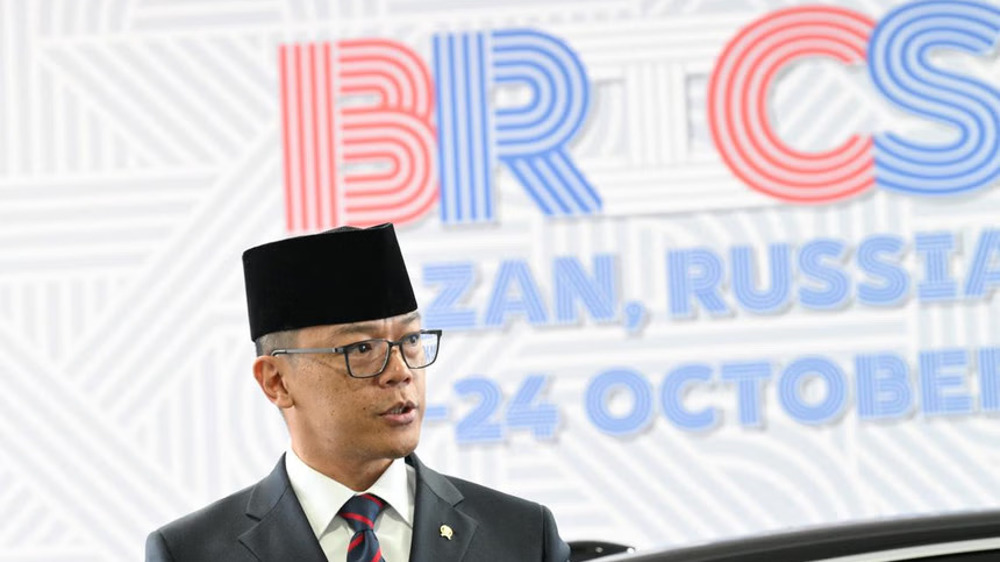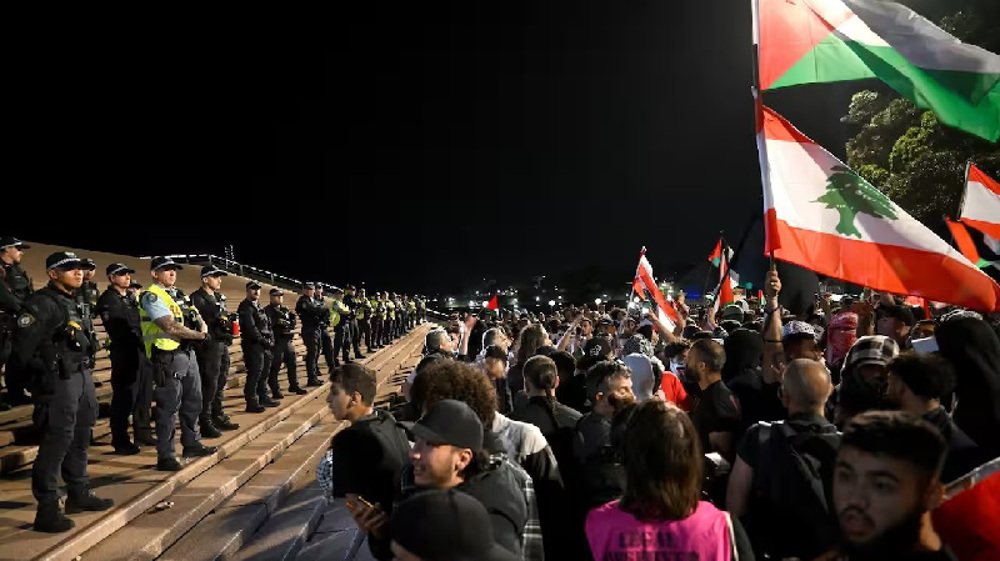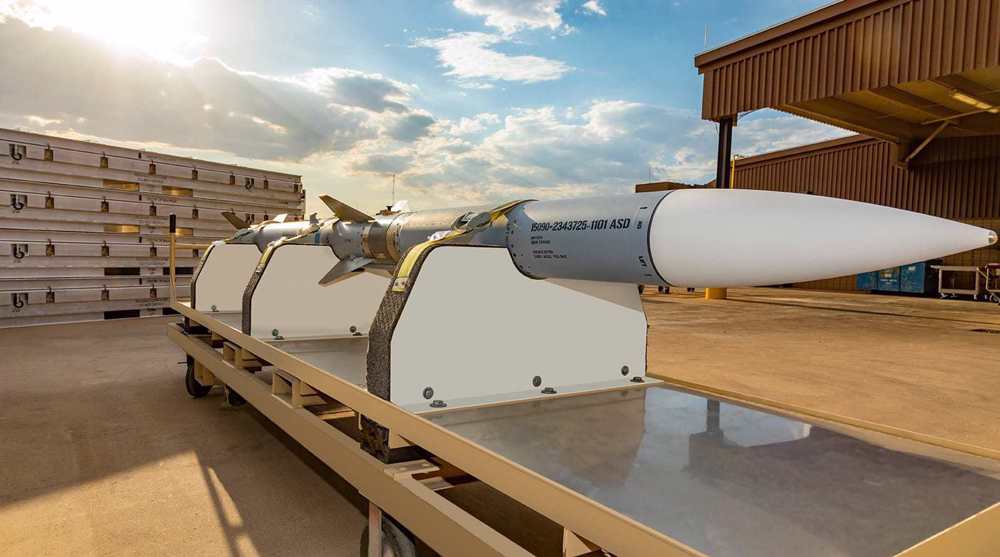Myanmar builds military bases on Rohingya land: Amnesty
An international rights organization has revealed that Myanmar’s military forces are building army bases in locations where Rohingya Muslims used to live before a campaign of state-sponsored violence drove them out.
Since late 2016, Myanmar’s armed forces joined by Buddhist mobs have launched a campaign of terror against Muslim families living in Rakhine State, killing and raping them, and torching their houses, forcing hundreds of thousands of them to flee.
Many have settled in camps in neighboring Bangladesh. Small numbers remain on a stretch of land known as the no man’s land between Myanmar and Bangladesh.
In their absence, Myanmar has been bulldozing Rohingya villages, according to satellite imagery, and in what rights groups have described as a campaign to destroy scenes of potential crimes against humanity.
Amnesty International said in a new report on Monday that Myanmarese forces have bulldozed the remaining structures that had not been torched or razed earlier.
“What we are seeing in Rakhine State is a land grab by the military on a dramatic scale,” Tirana Hassan, Amnesty’s crisis response director, said in a statement. “New bases are being erected to house the very same security forces that have committed crimes against humanity against Rohingya.”
Amnesty said Myanmar’s “reshaping” of the region where the Rohingya used to live appeared to be designed to accommodate more security forces and non-Rohingya villagers, and could deter refugees from agreeing to return.
“Rohingya who fled death and destruction at the hands of the security forces are unlikely to find the prospect of living in close proximity to those same forces conducive to a safe return, especially given the continuing lack of accountability for human rights violations,” the group said.

Myanmar has blockaded Rakhine and has consistently denied that any violence has been taking place against the Rohingya, despite numerous witness accounts and other documents, including the satellite images.
The United Nations has said it has strong suspicions that “acts of genocide” have taken place against the Rohingya.
Bangladesh has struck a deal with Myanmar to return the Rohingya refugees, but the implementation of the deal remains unlikely in the face of continued unaccountability.
Araghchi: Iran-Russia strategic deal step toward ‘more just world’
UNRWA unraveled amid Israel's allegations, reduced intl. support
Palestinian journalist, a Sobh Media Festival awardee, killed in Gaza hours before truce
Jan. 15: ‘Axis of Resistance’ operations against Israeli occupation
VIDEO | Fears, hope in Gaza amid intensified ceasefire efforts
VIDEO | Press TV's news headlines
Hamas: Ceasefire agreement result of steadfastness, resistance in Gaza over 15 months
Hamas thanks Iran, Resistance Front following achievement of ceasefire in Gaza










 This makes it easy to access the Press TV website
This makes it easy to access the Press TV website